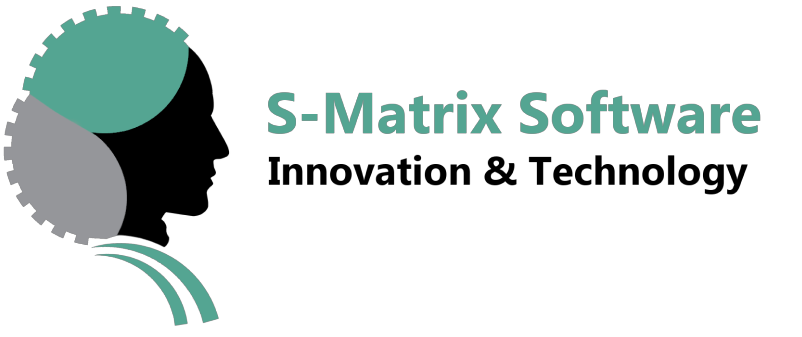How Big Data Works?

What is a big database?
In today’s digital age, “big data” has become ubiquitous. It refers to the vast and complex sets of information that are generated and stored by businesses and organizations. Big data includes structured data like databases and unstructured data like social media posts, videos, and sensor-generated information. Big data databases are crucial for efficiently managing and deriving insights from these massive datasets.
Features of Big Data Databases
Several key features characterize big data databases, such as:
Data storage
- Managing large amounts of data, often measured in pet bytes.
- Our system can store data in various formats, such as unstructured, semi-structured, and structured data.
- A distributed big data storage system that does not require a specific schema.
Data model options
- A type of database that stores data as key-value pairs.
- A type of database that stores data in documents or JSON-like objects.
- A type of database that stores data in a graph structure, where nodes represent entities and edges represent relationships between them.
Data querying
- Unlock the potential of your data with our powerful platform that offers unmatched support for concurrent queries, batch and real-time data loading, and advanced analytics.
- Experience lightning-fast processing speeds, seamless integration, and unparalleled insights that will transform your business.
Database performance
- The ability to scale horizontally is a game-changing feature that allows limitless flexibility when allocating resources.
- Our system offers a reliable infrastructure with automatic big data replication across multiple servers, ensuring high availability and minimal latency for up to 99.99% uptime.
Database security and reliability
- Encryption of big data both in transit and at rest.
- User authentication and authorization.
- Continuous and on-demand backup and restore of data.
- Point-in-time restore in case of any issues.
- Complying with GDPR, PDPL, and HIPAA regulations.
What are the different types of data services?
Big data presents a range of data services that can aid organizations in managing and utilizing their big data assets. These services include data storage, processing, analytics, and visualization.
How big data works.
Big data works through a multi-step process involving data collection, storage, processing, analysis, and visualization. The data is collected from various sources and stored in a big database or distributed file system. Processing and analysis tools derive insights and patterns from the data, and the results are often visualized for easier interpretation.
What are the benefits of big data services?
The benefits of big data services are numerous. They include uncovering valuable insights, making data-driven decisions, improving operational efficiency, enhancing customer experiences, and gaining a competitive edge. These services can be a game-changer for businesses in various industries.
How much does big data cost?
The cost of implementing big data services can vary based on factors such as data scale, database technology, and infrastructure required. Organizations must budget for hardware, software, staff, and ongoing maintenance. The investment is substantial, but the potential returns in terms of insights and competitiveness are significant.
Why is big data Important?
Big data is crucial for modern businesses. It provides insights into customer behavior and market trends, enabling better decision-making and innovation. Harnessing big data is an essential component of business strategies today.
Conclusion- To give a summary of What is a big database. Big data databases and services are essential for the modern data-driven economy. They enable organizations to manage, process, and analyze vast datasets, unlocking valuable insights and driving innovation.
